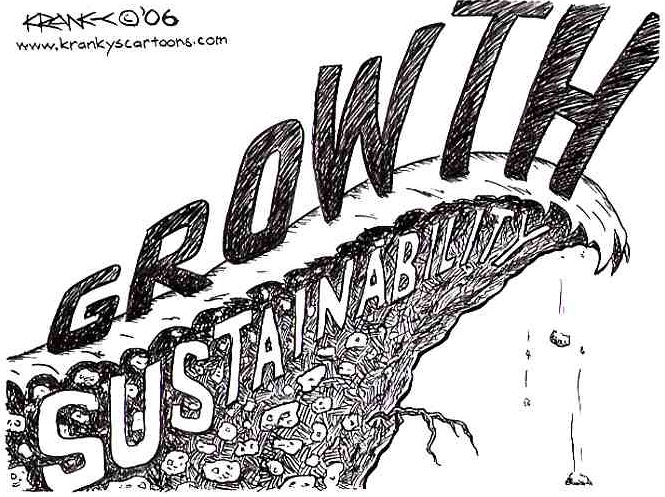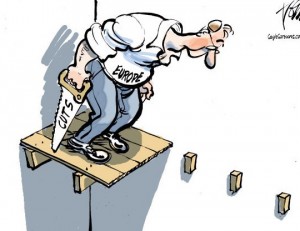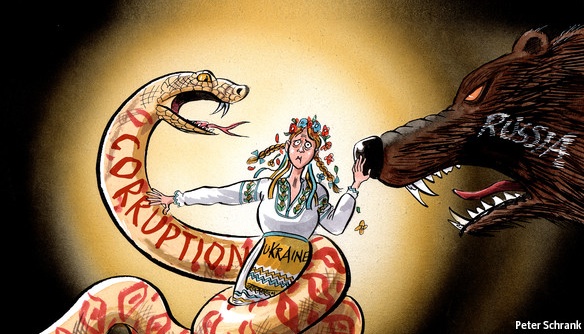MICHAEL HÜTHER writes: Manufacturing is once again at the top of Europe’s business agenda. The European Union’s previous industry commissioner, Antonio Tajani – who was recently replaced by Elżbieta Bieńkowska – set a goal of increasing manufacturing’s share of GDP from just over 15% in 2012 to 20% by 2020. But if member states are to achieve this goal, current policy approaches within the EU will need to be rethought. Any modern industrial policy must involve more than just picking winners.
EU governments have different, often contradictory, strategies for their respective manufacturing sectors. Germany is focusing on creating a competitive framework that enables “hidden champions” to emerge as global leaders. France, by contrast wants to create national champions by selecting specific sectors for special support; its government recently described plans to acquire a stake in carmaker Peugeot as an act of “industrial patriotism.”
Past experience, however, suggests that the French approach won’t end well.
Still, EU governments, despite privatizing sizeable chunks of industry since the 1980s, continue to look fondly on their industrial policies – the production of the Airbus being a case in point.
Arguably, national champions at least repatriate monopoly rents; but, again, as Germany’s Monopolies Commission pointed out, Airbus “could only be regarded as a success story if eventual earnings made the subsidies look like a profitable investment.” There is little chance of that happening anytime soon.
This experience might underscore the importance of limiting state intervention in markets to the minimum degree necessary. However, two developments stemming from the global financial and economic crisis of 2008-2009 have challenged market-based thinking in the EU. First, studies show that EU per capita incomes, which had been converging over the past six decades, are now diverging. Something must be done to reverse that. Second, the willingness of policymakers worldwide to agree to uniform competition standards has declined; indeed some governments – perhaps believing that they must now fend for themselves – are even using competition policy as an instrument of industrial policy.
Moreover, in the wake of the financial crisis, EU policymakers have themselves ignored regulations that were intended to restrict state intervention. For example, subsidies encouraging car owners to trade in their old models bolstered the automobile industry.
At the same time, government backing sometimes is required on an ongoing basis. Consider, for example, the relationship between a national aviation hub and a country’s flag carrier. Frankfurt’s airport, though privately owned and engaged in its own international business activities, is also an essential part of Germany’s public infrastructure.
Similar questions may apply to a country’s financial infrastructure. The excessive risk assumed by many “too-big-to-fail” banks in the years prior to the 2008 crisis triggered understandably angry calls for reform. But legislators and regulators have also recognized the strategic significance of having strong, nationally anchored financial institutions.
European industry cannot ignore the huge benefits of an open global market. Although the proportion of imported intermediate goods in German manufacturing exports has risen from around 19% to 30% since 1995, the globalization of value chains during this period has improved competitiveness, and dramatically increased manufacturing value.
More important, manufacturing not only influences the structure of value chains; it also generates significant value in the service sector.
The way forward for Europe’s manufacturing sector might be to heighten the integration of services into manufacturing, creating wider knowledge networks and driving innovation. Europe’s policymakers can support this process by encouraging different forms of corporate cooperation, and by opening up investment opportunities through pan-European infrastructure networks and greater scientific cooperation.











